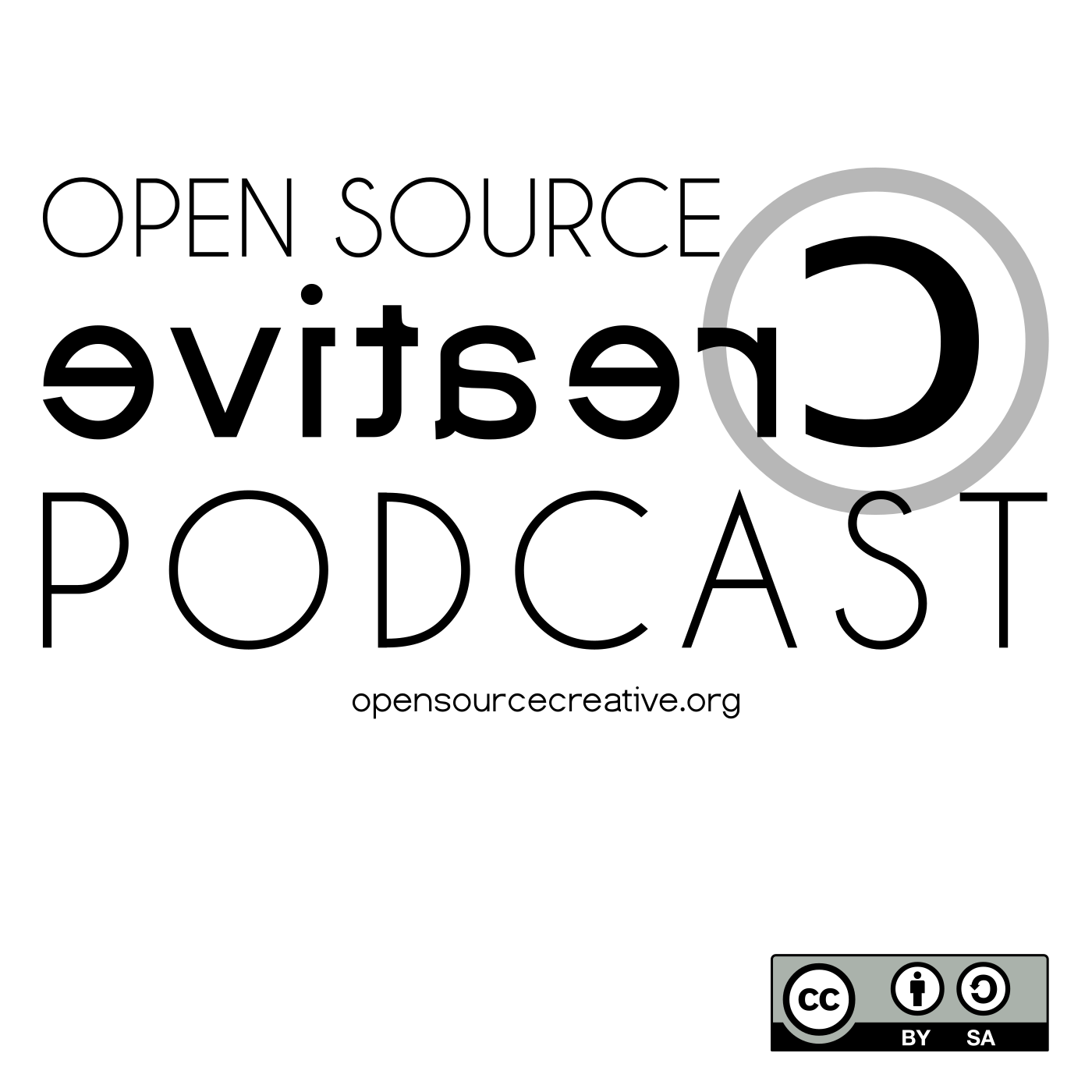#40 The Hunt for a Mind Mapper
Posted on Friday, May 19, 2017
Show Notes
I detail a lot of different options in this show (after a bit of a venting about forum spambots… grrr). Here’s the basic rundown of what I looked into and what I ultimately decided upon:
- Freemind - This is what I’ve been using for years and it’s my baseline for features and performance. Whatever tool I choose needs to have roughly the same feature set, the ability to import Freemind’s .mm file format, and be better. In particular, performance in interface are where I’m looking at the most for improvements.
- Freeplane - Freeplane is a fork of Freemind and a natural first choice when looking for a replacement. It ticks all the marks in terms of feature parity with Freemind… however, it has basically the same UI and it’s still got the slow launch behavior that Freemind has. So… no go for me.
- Labyrinth - This one was recommended to me by Farid Abdelnour (@frd@mastodon.social) and it was actually the first alternative mind mapping tool I looked at in my search. It has some really cool features and a really interesting approach to mind maps. Unfortunately, it’s “TomBoy” saving method really doesn’t jive with my project-based workflow. Also, it’s not seeing much in the way of active development, so that was also kind of discouraging. For those reasons, I had to shuffle forth and keep looking.
- XMind - Billing itself as “the most popular mind mapping software on the planet”, XMind has a pretty robust feature set and looks to be a strong contender. Unfortunately, I’m not overly fond of the open core model of open source development and XMind definitely uses that. Plus there are a handful of network/cloud related features that I would actually rather not have at all.
- WiseMapping - Wisemapping is a pretty cool choice as it’s all web-based. I actually really this concept a lot as an idea. Unfortunately that means to use it myself, I would either need to use their web service (by now most of you should know how I feel about trusting my data on other people’s computers) or set up my own server. That’s a bit more overhead and maintenance than I’d like to give myself. Otherwise, I’d probably be all on-board with WiseMapping.
- Vym - I very nearly wrote this program off completely when I visited its website. The site design tries to cleverly use a mind map for navigation. Clever, but not particularly appealing. Also the site doesn’t appear to have been updated all that recently. And furthermore, they’re managing development on SourceForge. All three of these, on their own, would dissuade most people from investigating further. But I think I was getting desperate. So I dug in. And you know what, I’m kind of happy that I did. It turns out that Vym is seeing continued development on their SourceForge page. There’s nice video there that show some of Vym’s basic features. More importantly, when I installed it (it’s in the Arch repos), it appeared to do everything I needed it to. It’s on parity with most of Freemind’s features, it’s got a few nice additions of its own, and it’s nice and snappy in terms of performance (thanks, in part, to being written with the Qt toolkit, I think).
So Vym seems to be the winner for me. At least it does so far. I’ve migrated quite a few of my project mind maps to it and aside from cleaning up HTML tags (I don’t think it imported 100% cleanly from the .mm format), it’s been a pleasant and hassle-free experience. I’ll let you all know more if I stumble across anything interesting as I continue to use Vym.
Now… if I could just figure out the proper way to pronounce it.
What about you? Are you using mind maps? Which one is your favorite?
Hosts

Jason van Gumster
“I make stuff. I make stuff up. On occasion, I stuff-up what I make. I don’t do much stuff with make-up… though I’m not above trying. I work in all kinds of media: words, animation, ink, coffee, wood, video. And, of course, I’m really passionate about open source and open content, so that’s what I talk about in this show. Books I’ve written and other creative experiments I’ve made can be seen on monsterjavaguns.com.”